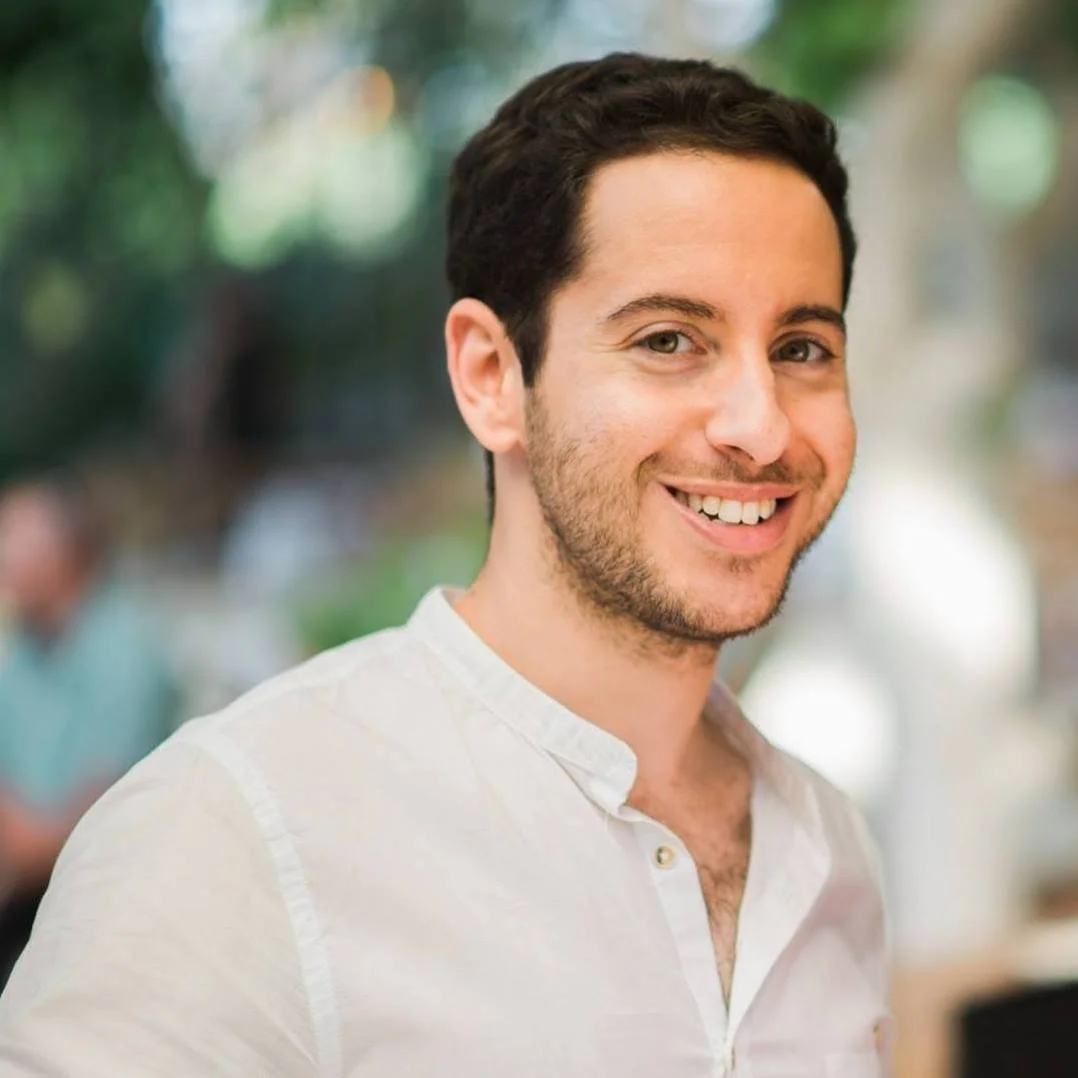2023 PhD graduate Maayan Shvo. (Photo: Supplied)
Maayan Shvo earned his PhD in computer science as part of the Knowledge Representation Group under the supervision of Professor Sheila McIlraith.
By drawing on psychology, artificial intelligence, machine learning and human-computer interaction, he explored how intelligent agents can be augmented with reasoning about the mental and affective states of the entities they interact with. In doing so, his research set out to highlight the feasibility of creating these augmented AI systems and the extent to which their application in real world settings can benefit humans.
Tell us about your graduate research.
There's a quote I like from psychologist Arnon Rolnick about empathy: “Experience others as they would experience themselves.” Reflective of this insightful quote, my graduate research focused on building artificial intelligence (AI) systems that are able to interact with humans or other AI systems in real-world settings by considering their unique perspectives.
Most humans have the capacity to do this kind of perspective-taking, even from a very young age (and research has shown that the development of these abilities in humans is tied to our Theory of Mind — the ability to differentiate between our own mind and the minds of others and attribute to them various mental states (like beliefs, goals, and emotions). The thesis underlying my graduate research is that if AI systems possess Theory of Mind capabilities, this could improve their perspective-taking abilities and benefit humans that interact with these systems.
To support this thesis, my research investigated the role of Theory of Mind in a number of interesting reasoning tasks, including effectively communicating with others and reasoning about their behaviour, and proactively offering them assistance. My research encompassed both theoretical and practical aspects. In the initial years of my PhD, I worked on developing theoretical and computational frameworks that augment AI systems with Theory of Mind capabilities in these reasoning tasks. To cap off my research, I integrated all of the developed theory within a robotic system that has the potential to benefit humans in real-world settings.
What got you interested in this particular area of computer science?
During my undergraduate degree, I studied both psychology and computer science and, probably around the time I saw the movie Her for the first time, I became really interested in what lies in the intersection between the two fields. Later on, I was exposed to the field of epistemic planning, which investigates how AI systems can do perspective-taking by considering what others know and (perhaps falsely!) believe. I was fortunate enough to take part in a seminar on this field of research at a formative time in my studies, and I knew then that I'd like to continue down the Theory of Mind path.
Big picture — How is your work going to improve the life of the average person?
Consider a possible not-too-distant future where Theory of Mind-equipped AI systems are integrated into various aspects of our lives. Imagine a domestic robot, like Rob, capable of perceiving the actions of individuals like Alice and Bob. If Rob notices that Alice stored fresh coffee beans in a cabinet and Bob later moves them to a different location, Rob can infer that Alice holds a false belief about their whereabouts. Now, when Alice returns to the room and begins preparing to make coffee, Rob can intelligently assist her by informing her about the relocated coffee beans or even bringing them to her. This scenario exemplifies how my research on Theory of Mind, spanning both theory and practice, has the potential to empower future AI systems to navigate complex interactions involving multiple participants, ultimately enriching our lives in a variety of ways.
You are now a research scientist at Openstream.ai. How is your U of T education helping you in that role?
At Openstream.ai, we are working on building a conversational system that helps users accomplish their goals through collaborative dialogue. The system is able to take the perspective of various users by reasoning about their beliefs, goals and intentions (to name a few) and dynamically plans the best course of action to assist the user. My research, carried out during my time at U of T, gave me expertise that is paramount to my work at Openstream.ai. In particular, the motivation of my PhD work on Theory of Mind overlaps with our motivation at Openstream.ai, and the technical prowess that I gained in the areas of knowledge representation and reasoning, and epistemic planning, allowed me to hit the ground running and contribute to the development of our conversational system.
What’s one piece of advice you would share with incoming computer science grad students?
If I were to offer one practical piece of advice to incoming computer science grad students (shared with me by my advisor), it would be to capitalize on the unique opportunities available during your graduate studies that may not be as accessible after graduation. For instance, if you think you might be interested in a research career in industry, pursuing research internship positions during your studies may be a great thing to do, both for the experience and connections made, as well as the added income. Closer to graduation, those connections may come in handy when looking for a full-time job as companies are more likely to hire you after a successful internship.
This Q&A has been edited for clarity and length.


